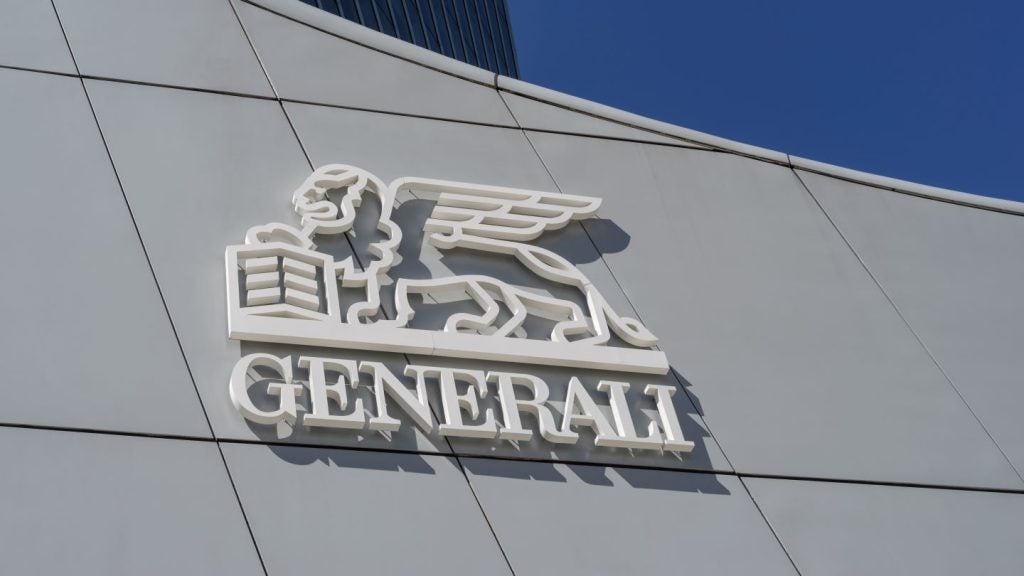The UK’s leading price comparison website (PCW), Moneysupermarket.com, links a drop in profits for 2020 to the negative implications of the pandemic, forecasting a positive return to growth once COVID-19-related restrictions and lockdown measures are eased.
However, the upcoming implementation of the Financial Conduct Authority’s (FCA) proposals to tackle ‘price walking’ will make aggregators’ economic recovery from COVID-19 difficult in the longer term.
Based on GlobalData’s 2020 UK Insurance Consumer survey, 27% of consumers purchased a general personal insurance policy from an aggregator in 2020, down 1.9 percentage points (pp) from 2019. This is despite a higher number of consumers switching general insurance providers for the year through a PCW – 54.4% for motor insurance and 52.6% for home insurance, representing changes of 4.4pp and 6.5pp, respectively, since 2019. The issue arrives as aggregators have a heavy reliance on returning customers and not enough expansion in attracting new customers, with our survey also finding that 47% of customers who purchased from a PCW did so because they had used the site before.
Going forward, aggregators are at risk of further losing their market shares, as the FCA will be finalizing its ruling on price walking in quarter two of 2021 and introducing the new regulations before the end of the year. Price walking is a term used to describe businesses gradually increasing their prices for renewing customers. The FCA is set to implement new regulations that will prevent insurers from increasing premiums to existing customers – also often referred to as the loyalty penalty – therefore decreasing incentives for customers to switch providers solely based on price and cost factors.
In light of the new regulatory changes, aggregators will need to find a way to attract customers to their platforms and deliver benefits beyond price competitiveness. This will prove to be a challenge, as PCWs have heavily marketed themselves as the go-to platform for the cheapest possible insurance price offerings and are less able to attract customers who are more cover- or brand-oriented.

US Tariffs are shifting - will you react or anticipate?
Don’t let policy changes catch you off guard. Stay proactive with real-time data and expert analysis.
By GlobalData







